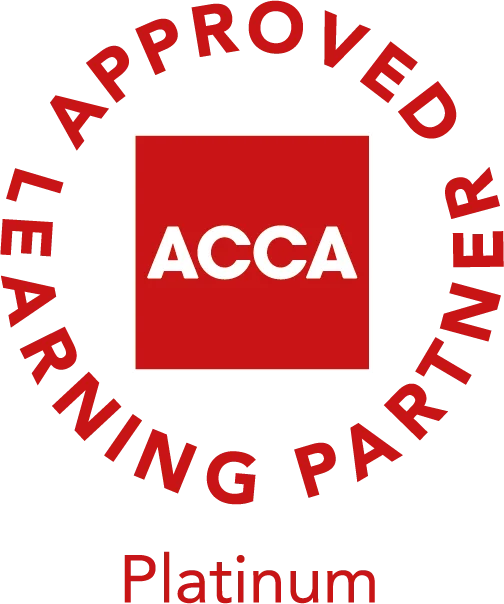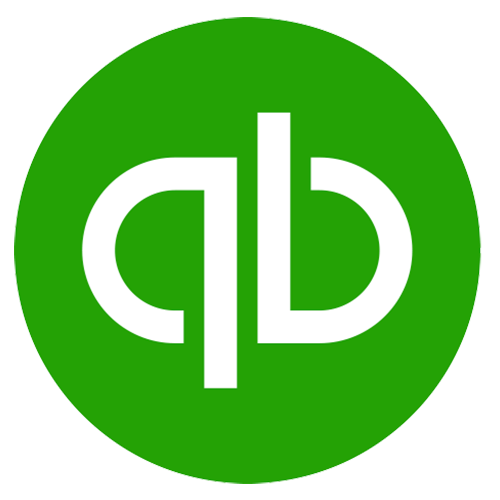
HM Revenue and Customs (HMRC) are warning that fraudsters could focus on Self Assessment taxpayers.
With the tax return filing deadline having just passed at the end of January, an email, phone call or text message that offers a tax rebate may appear more believable than usual.
HMRC say that they have responded to 207,800 referrals in the year to January, with more than 79,000 relating to fake tax rebates. The total number of referrals has increased by 14% over the previous year, suggesting fraudsters are increasing their efforts.
Scammers are looking to get personal details that they can sell on to criminals, or to gain access to bank accounts and phish for these details using emails, phone calls or texts that appear to mimic an HMRC message.
To protect yourself, avoid rushing into anything and always protect your personal information.
HMRC have confirmed that they will not email, text or phone a customer to tell them that they are due a refund, or to ask them to request a refund. Repayments will be made automatically into the account chosen when filing the tax return. Alternatively repayment amounts can be seen and payment requested in your online HMRC account or in the HMRC app.
If you receive contact that you are suspicious of, you are encouraged to report it to HMRC. You can:
- Forward emails to phishing@hmrc.gov.uk;
- Report tax scam phone calls to HMRC on GOV.UK; or
- Forward suspicious texts claiming to be from HMRC to 60599.
See:

With just a few weeks to go until the beginning of a new tax year, a new round of tax changes take effect from April 2026. While many people won’t see a big difference in their day-to-day tax position, there are some areas worth having on the radar.

The Competition and Markets Authority (CMA) has announced a set of proposed commitments from Apple and Google that could make it easier for UK businesses that rely on app stores to reach their customers.
.png)






